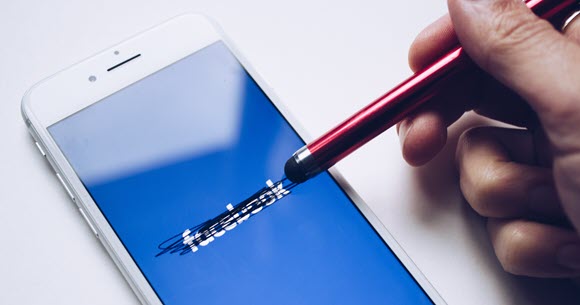Hearing of the case in which government is accused of illegally shutting down Internet and social media platforms during the 2016 general elections has differed to February next year.
In 2016, local activists under the Unwanted Witness- Uganda sued the Attorney General (AG) and Uganda Communications Commission (UCC) jointly with eight telecommunications’ firms seeking for declarations that the shut-down of the platforms amounted to violation of the freedom of speech and expression, the right to work and the right livelihood and an adequate standard of living.
Through their lawyers of M/s Rwakafuuzi and Company Advocates, the activists contend that the shutting down of social media by the government and telecommunication firms during the presidential, parliamentary and local council elections in February 2016 violated the rights of Ugandan citizens and residents to the freedom of speech and expression which is guaranteed by the Constitution.
The case had been set for hearing on Monday but the presiding judge, Dr. Andrew Bashaija was reportedly out of station for other engagements prompting the lawyers to push the matter to February 25 next year.
Must read exclusive: How Dial Jack is battling for Kampala ride-hailers
The activists are seeking for a permanent injunction against the government and the companies as well as legal costs incurred.
It is alleged that the blocking and shutting down of mobile money transfer services by the telecommunication firms during the general elections violated the rights of Ugandans to work and livelihood which are guaranteed by the Constitution, the African Charter on Human and People’s rights, the International Covenant on Civil and Political Rights and the Universal Declaration of Human Rights.
In a sworn statement, activist Geoffrey Wokulira Ssebaggala states that the Internet shutdown across the country made social media inaccessible for at least four days.
“The blackout adversely affected the ability of the people to communicate, socialize, remain informed, keep abreast with, and address through social media, various affairs of both private significance and public importance,” Mr. Ssebaggala states.
He alleges that the blocking of mobile money transfers affected the livelihoods of those who depended on it as a business and those who needed the system to make financial transfers for various purposes.
According to the affidavit, Mr. Ssebaggala contends that for two days, Internet users experienced another social media shut down that was ordered by UCC in anticipation of the inauguration ceremony of the president-elect which took place on May 12, 2017.
“Fresh notifications by the third to tenth respondents (telecommunication) were sent out to their customers stating that the defendants were acting on the directives of the second respondent (UCC),” he states.

